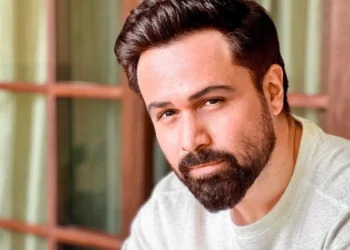Konkona Sen Sharma is without a doubt one of the most well-known and recognized actors in the Hindi cinema business. Fans have praised the powerhouse actress for her on-screen solid presence, outspoken personality, and well-chosen parts.
She has worked with some of Bollywood’s greatest personalities, indicating that she is a force to be reckoned with.
Here are 9 Konkona Sen Sharma films that serve as examples of her cinematic prowess:
1. Luck By Chance
Konkona subtly seized Luck By Chance as performer and character while we concentrate fully on the ‘hero’ and his soul-selling trip in a superb film about films characterized by sibling debuts (Zoya as director, Farhan as actor).
Konkona’s odd and dignified act as struggling Tinseltown starlet Sona Mishra ensured that the meta depth of this part was not lost on fans.
She plays a small-town girl who is turned down for the Bollywood heroine dream because of her “unorthodox” appearance — the polar opposite of Konkona’s own journey beyond her Bengali cinema roots into Mumbai’s commercial conscience.
Her steady rise as an actress has been a watershed event for a film business known for reducing artistic ambition to skin color and vital statistics – and it has coincided with new-age Bollywood’s recognition of quality and diversity.
2. 15 Park Avenue
It’s pointless – and almost unfair – to compare one performance to another in Konkona’s illustrious career. But it’s possible that her mother, film director Aparna Sen, is to blame for two of her most sensitive performances.
Konkona owns the type of go-for-broke character with uncontrolled docility that young actors sometimes fantasize about in the English-language 15 Park Avenue.
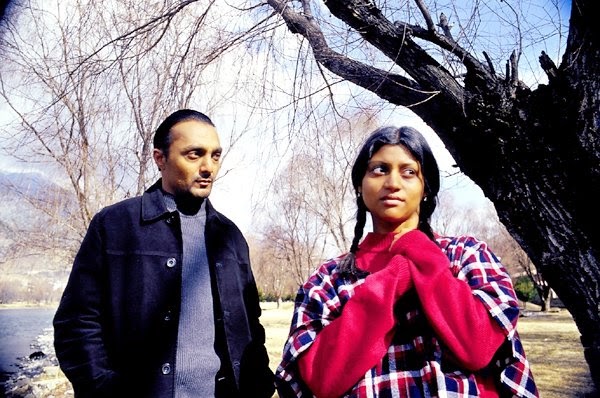
The actress resists the on-screen notion of “madness” to provide one of the more accurate depictions of mental illness in Indian cinema as a schizophrenic young woman at odds with her nervy environment.
Meethi exists in a parallel reality – she is a victim, a dreamer, and not a survivor – and she never succumbs to the warmth of her caring family for the sake of a movie plot.
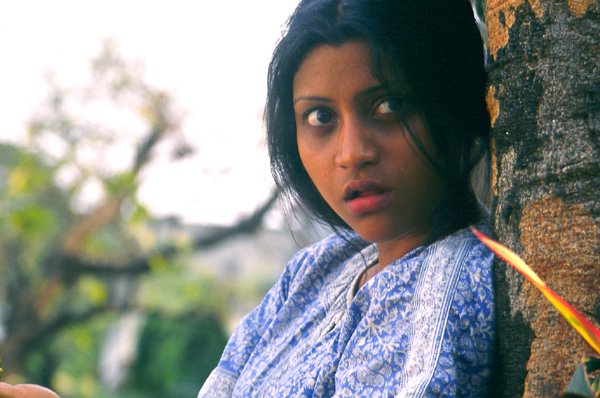
Konkona’s shape-shifting trauma, eschews the use of visual gimmickry, as evidenced by the occasional flashbacks of her as a ‘regular’ journalist. It’s also the kind of character that, in the hands of a lesser actor, could have gone horribly wrong.
3. Dosar
The late Rituparno Ghosh portrays the actress as a soulful and reluctant ‘third wheel’ in both Titli and Dosar: a girl who finally realizes she has been a peripheral presence to a key drama all along.
By not being about her, the black-and-white Dosar is also about her. When Kaberi’s husband (Prosenjit Chatterjee) is injured in a deadly vehicle accident with his lover, her image of marital bliss is shattered.
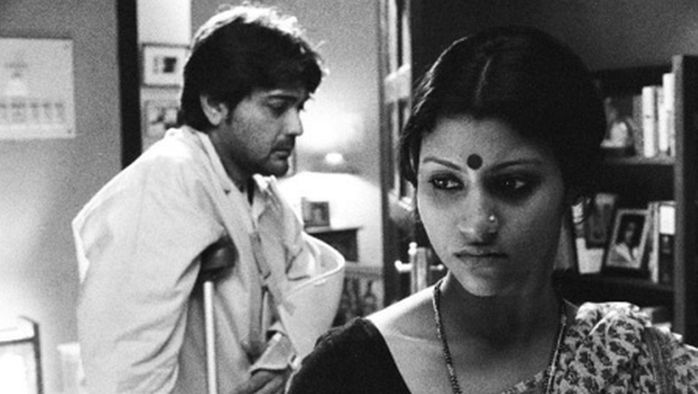
Kaberi is soon left with a devastated and shattered guy after the ‘other’ woman dies. As a result, she is split between feelings of betrayal and despondency.
This delicate balance is highlighted in an early hospital scene, where Konkona’s Kaberi, despite her husband’s perilous health, can’t disguise her hatred.
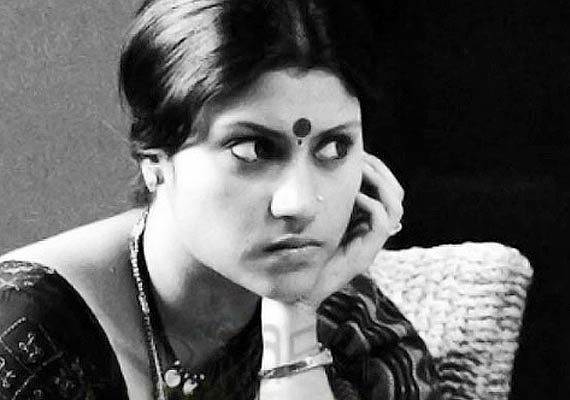
Her tone shifts from snarky to caustic, as if to solve her own wounds in the wake of his. However, the role’s unnatural restraint – from resentment to acceptance to empathy to love – sets it apart from the loud sorrow of betrayed on-screen lovers.
Instead of imitating her feelings, the filmmakers rely on the actress to depict the muffled sounds of a disillusioned partner.
4. Geeli Pucchi (Ajeeb Daastaans)
A dazzling short from a lackluster anthology holds the title of best Hindi film performance of 2021 (so far).
Geeli Pucchi, directed by Neeraj Ghaywan, is by far the most accomplished of the four Ajeeb Daastaans segments, owing to Konkona Sen Sharma’s brilliant performance as Bharti Mandal, a queer Dalit factory worker who must deal with the intersectionality of caste, class, gender, and sexuality all at once.

Rarely has an Indian actress been able to convey so much with so little — agency, voice, emotion, and privilege – at her disposal. Her body language is the clincher, making her a unique example of an artist who is nearly unidentifiable without using prosthetics.
She avoids the stereotype of the ‘butch’ in the movie by revealing her masculinity as a wounded survival instinct, allowing the film to portray Bharti as a driver of fate rather than a victim of hatred.
5. Titli
Konkona Sen Sharma starred in Rituparno Ghosh’s Titli as a Bengali teen fascinated with a film actor (Mithun) who happens to share a taxi to the airport with her.
This beautifully balanced film unfolds as an adult version of the Bollywood “obsession” template (where the fan turns toxic in pursuit of her dashing idol.)
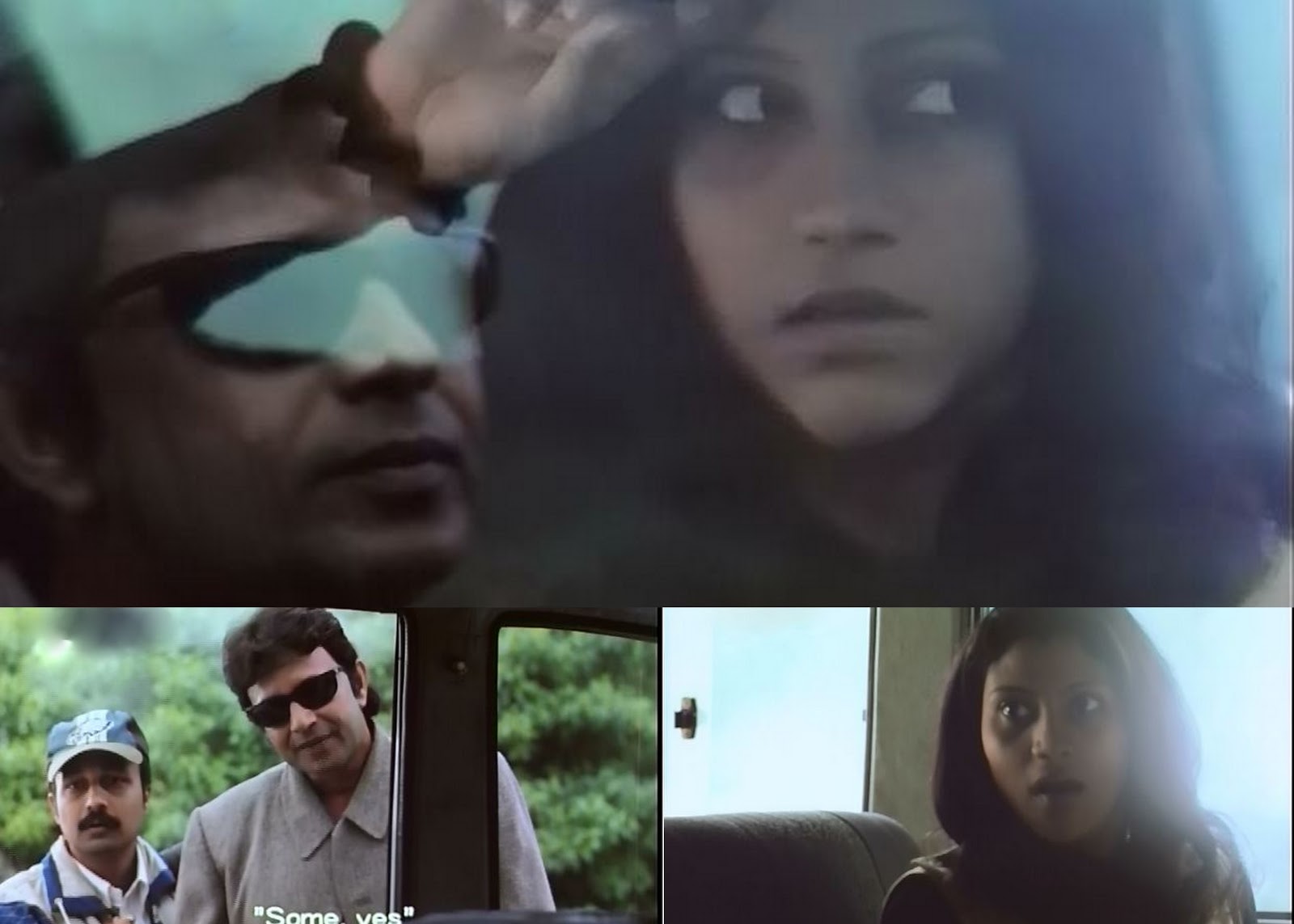
Mithun is a Bollywood celebrity who is filming a cameo in a Fardeen Khan film, and Titli’s mother’s name is Urmila. Konkona’s face is a compelling picture of youth, given that this is one of her first appearances.
Surprisingly, she plays the role on two levels: as a young woman who is dismayed to learn that her mother (real-life mother Aparna Sen) is her “competitor,” and as a supporting character who can’t believe she isn’t the film’s heroine.
When she’s a mute bystander in a frame, when her head reacts, or when she overhears the adults and their nostalgic moods, much of her deceptively physical performance – in a conversational script – takes place.
6. Mr. and Mrs. Iyer
Mr. and Mrs. Iyer’s visceral anxiety on the bus reached a new level. The idea of a frenzied Hindu mob storming the bus and slaughtering Muslim passengers was far from fictitious.
This was also my first encounter with Konkona as an actress, albeit as a mild-mannered and protected ‘Tam-Brahm’ woman proudly displaying her husband’s surname.
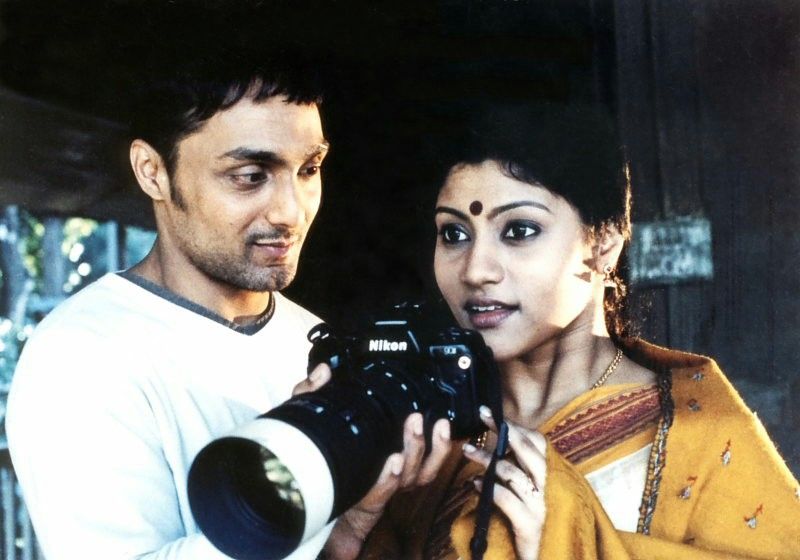
Despite the film’s clumsy dubbing, we were moved by Konkona’s transformation from a bigoted Hindu to a thankful human.
Her desperate tenacity when she places her son on the lap of her Muslim co-passenger is a sign of amazing emotional control.
Her transformation into the ideal Mumbai novice in Hindi cinema paralleled our own assimilation into the frenetic metropolis. The bus, not her face, was the new “establishing shot outside VT station.”
7. Omkara
In Vishal Bhardwaj’s haunting rendition of Othello, Saif Ali Khan’s Langda Tyagi stole the show.
But it was Konkona’s Indu Tyagi, who played the cruel antagonist’s wife and the tragic protagonist’s sister, who delivered the film’s form and visceral Shakespearean tone.

Indu’s persona is a desperate combination of brother Omkara’s innocent loyalty and Langda’s ruthless ambition, torn between bloody love and bloodline.
Konkona’s performance is remarkable for its range of tones. In the pursuit of her own film, she is an integral part of the background – her agency is the result of burning desire, and she emerges as the only truly grey and multifaceted character in a milieu of distrustful extremes.
8. A Death In Gunj
Konkona Sen Sharma, a first-time director, has created a carefully observed, slow-burning, well-acted, and curiously moving picture about…one week in McCluskieganj. Family gatherings are fraught with tension.
They develop the slow-burning turmoil of nervous pre-wedding preparations if they go on long enough. There’s only one problem: there’s nothing to aim for.

Instead, there’s generally a dramatic breakdown, an emotional letdown, a scandalous tantrum, or a shocking disclosure.
The film’s face is emblazoned with the word “death.” The title immediately foreshadows death. The first scene is set outside a mortuary. A threatening-looking rifle hangs high on the living room wall.

There’s a horrifying planchette game going on. Insects are killed and buried in this method. On a slow winter afternoon, two odd partners ponder a dead moth and the meaning of ‘eulogy.’ A meeting takes place at a cemetery. There is a manhunt going on. Last but not least, there is death.
9. Wake Up Sid
Wake Up Sid is the film that most likely made us all fall head over heels in love with Konkona. She epitomized hope, dreams, courage, and all else that comes with being a young person in a new place like Aisha Banerjee.
Her portrayal in the film emanated warmth and comfort, but it also portrayed a vision of a woman who was equal parts confident and perplexed, expertly navigating the complexities of young adulthood.

We couldn’t select because there are so many great moments in the movie, but we’re going with all of the ‘Iktara’ parts because we believe Konkona has portrayed the subliminal thrill of falling in love better than anybody else in these scenes.
Iktara is beautiful on its own, but it wouldn’t be the same without Konkona.
Also Read: 9 Courtroom Dramas You Shouldn’t Miss










